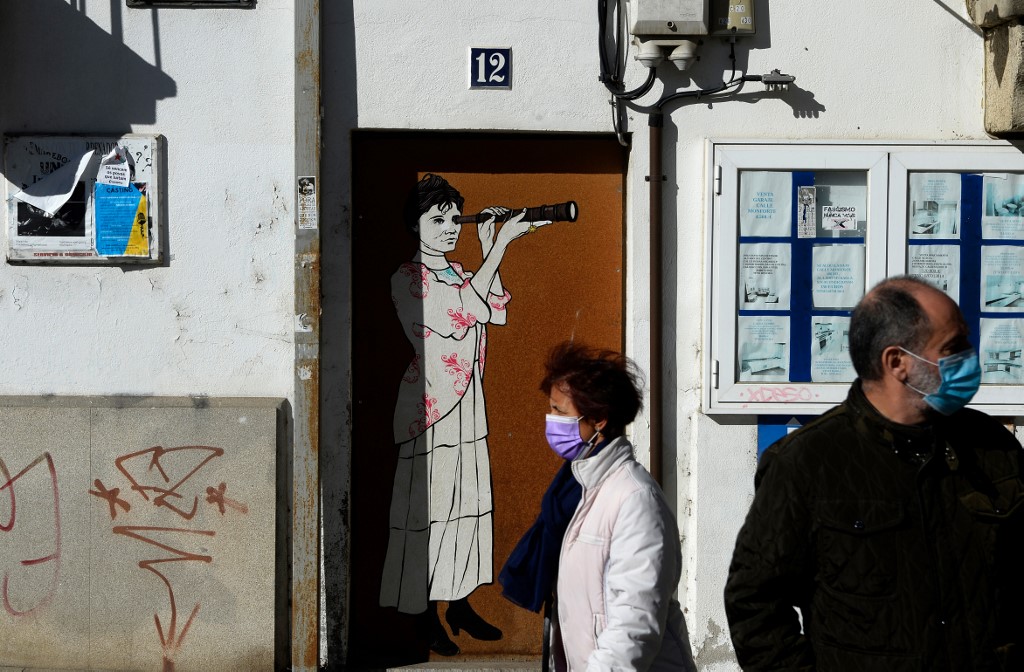Sue Wilson considers the measures Spain is taking to combat the spread of coronavirus and whether they will be enough to prevent another lockdown.
As we approach November 9th, it’s time for Spanish authorities to define their next Covid measures. At present, national and regional governments are examining whether the latest strategies to curb the pandemic are working against a worrying spiral in cases in many parts of Spain.
When Congress voted for the new state of alarm – scheduled to last until May 9th 2021 – it devolved powers to local authorities to impose further safety measures. These powers, however, stop short of allowing autonomous regions to impose home confinement. Whether we should have a further lockdown, with people largely made to stay at home, is now being widely considered.
Many countries are revisiting the use of lockdowns against the virus, including the UK. Although some of the current lockdowns aren’t as restrictive as those experienced during spring, many countries view domestic confinement as a vital tool in the Covid armoury.

In Spain, the option of a further confinement – even a less restrictive one – is a topic that causes widespread disagreement.
Some regions, currently Asturias and Melilla, are requesting authority from central government to impose lockdown measures – a move that central government is resisting. The regions have the authority to impose other safety measures.
From the recent curfew to restrictions on crossing regional and even municipal borders, a degree of divergence and flexibility exists across Spain. Now some regions are introducing additional measures. In Castilla y León and Catalonia, fresh restrictions include the closure of bars and restaurants; in Asturias, it is the closure of non-essential businesses.
Experts are divided over the timing of further preventive measures. Some, such as Antoni Triller, Professor of Preventive Medicine at Barcelona University, suggest holding off until the impact of current measures is reflected in transmission rates. His view is supported by Andrea Burón, spokesman for the Spanish Public Health Association (Sespas), who believes another week is required to review the impact of current measures.
You can read the article in full over at The Local.






